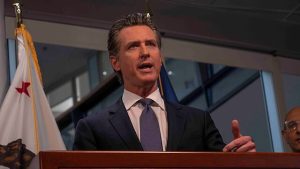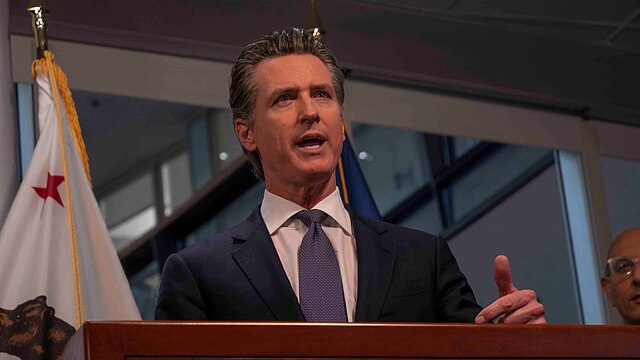Senate Passes Major Nuclear Energy Bill with Broad Bipartisan Support
In a strong bipartisan move, the U.S. Senate passed a sweeping bill to modernize the nation’s nuclear energy sector in an 88–2 vote. The legislation also reauthorizes key federal firefighting programs, combining energy reform with emergency preparedness. Only Senators Ed Markey and Bernie Sanders opposed the bill, citing nuclear safety concerns.
The legislation aims to revitalize the aging U.S. nuclear fleet by streamlining regulatory processes and lowering licensing fees. It directs the Nuclear Regulatory Commission (NRC) to recommend ways to simplify environmental reviews, which often delay new projects. Supporters believe this will accelerate the development of small modular reactors (SMRs), a promising new technology seen as the future of nuclear energy.
Sen. Shelley Moore Capito (R–W.Va.) called the bill “history-making,” especially for its focus on SMRs, which offer safer, more efficient nuclear power. Nuclear energy currently supplies about 20% of U.S. electricity and is viewed as a clean, stable alternative to fossil fuels.
Backers argue the bill will boost private investment, create jobs, and enhance national energy security. A senior White House official noted that recent private investment in the energy sector has already outpaced that of the previous administration, crediting new pro-industry policies for the shift.
However, critics warn the bill could undermine safety. Edwin Lyman of the Union of Concerned Scientists argued that easing regulatory authority may weaken the NRC’s ability to enforce necessary safety standards. Others, including Rep. Rashida Tlaib, objected to bundling nuclear policy with firefighter support, calling it a tactic that forces lawmakers to support controversial changes.
Despite concerns, the bill reflects a growing consensus that outdated regulations have slowed innovation and hurt domestic manufacturing. With global competition intensifying, lawmakers see nuclear energy as a crucial part of the U.S. energy mix and a way to reduce reliance on foreign energy sources.
The legislation also highlights the administration’s broader strategy of linking industrial policy with national security and climate resilience. By pairing energy modernization with support for public safety, the bill seeks to strengthen multiple areas of national infrastructure at once.
As the bill heads to President Trump’s desk, both industry leaders and regulatory agencies are preparing for implementation. Supporters say it marks a turning point for American energy policy, with the potential to secure cleaner, more reliable power while reinvigorating U.S. manufacturing. Critics, meanwhile, remain watchful for any erosion in oversight or safety standards.
In sum, the Senate’s passage of this legislation signals a major shift in energy and industrial strategy—one that may define America’s approach to nuclear power for years to come.









